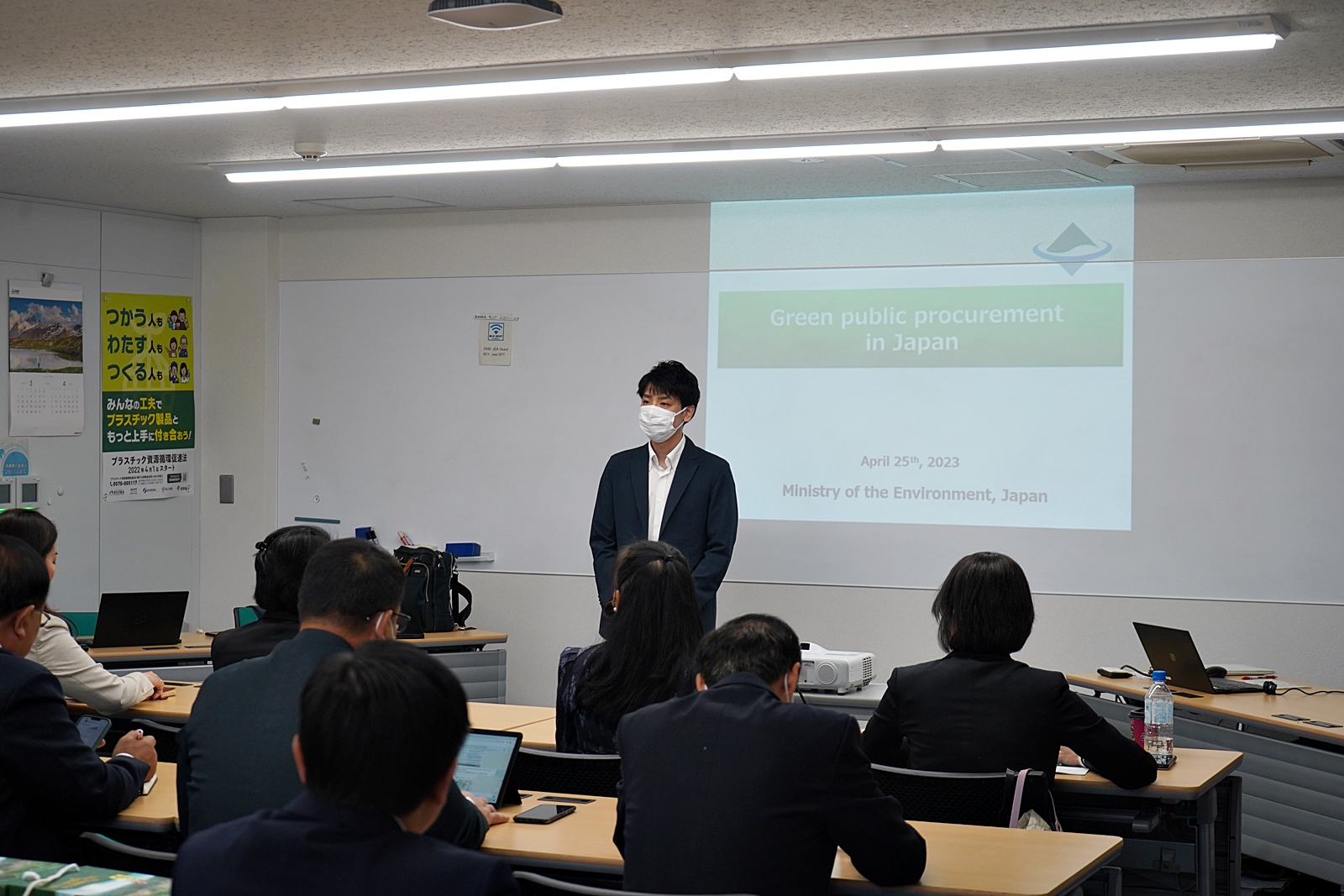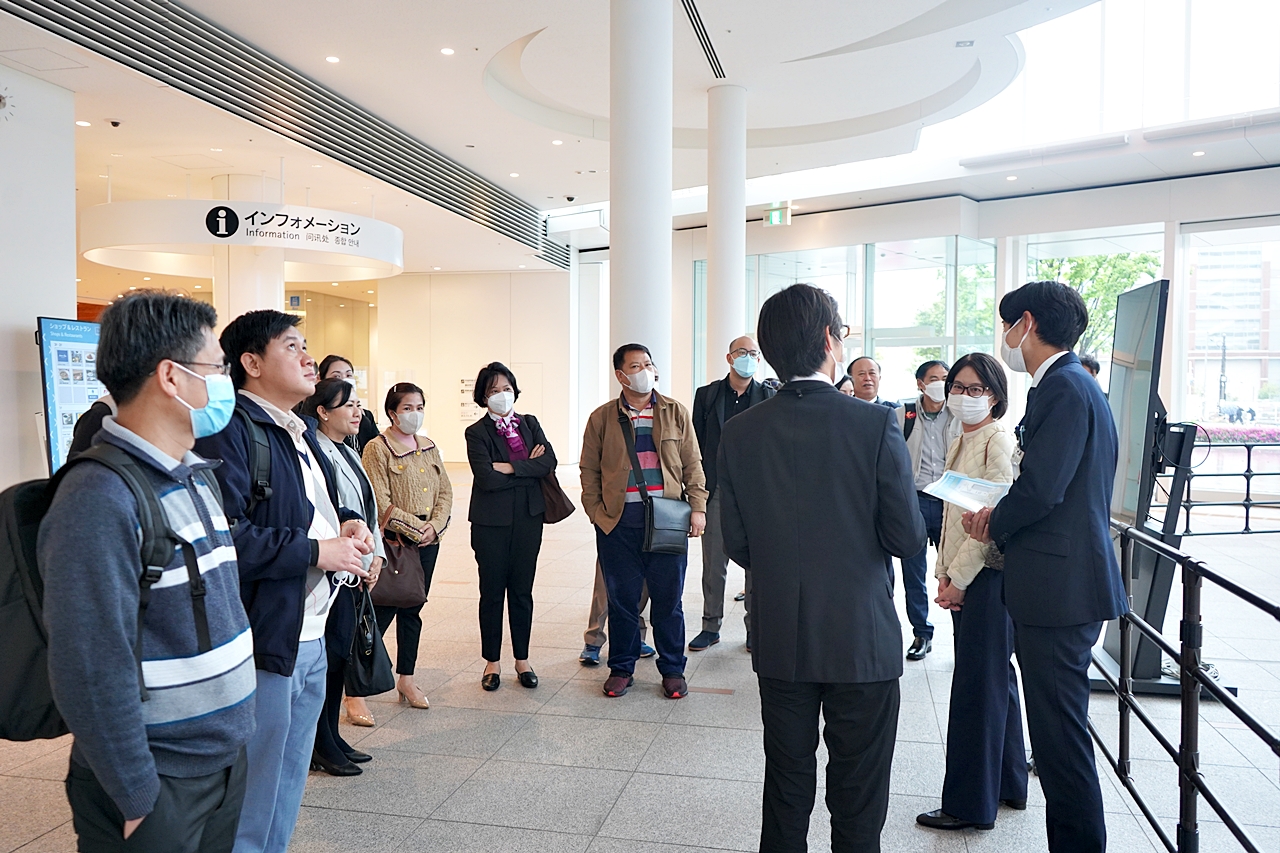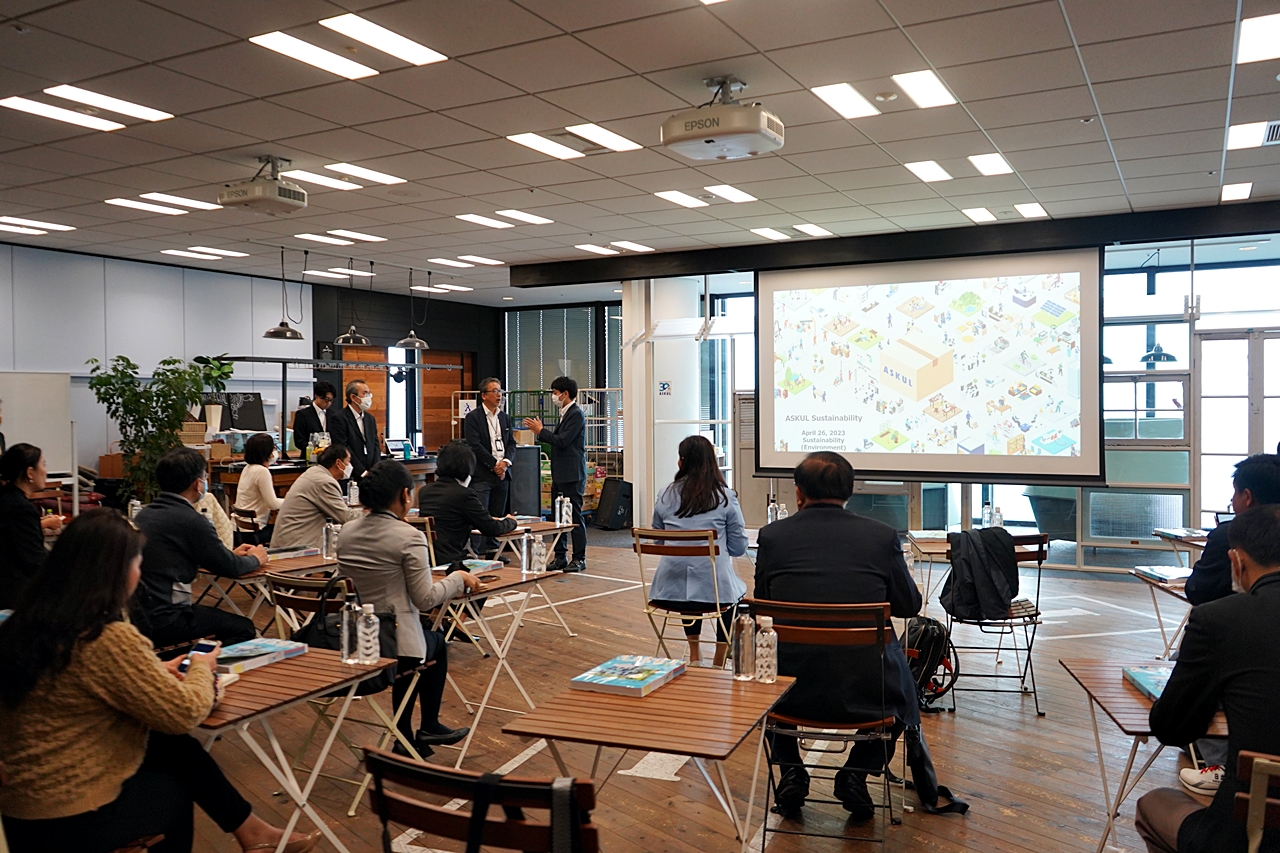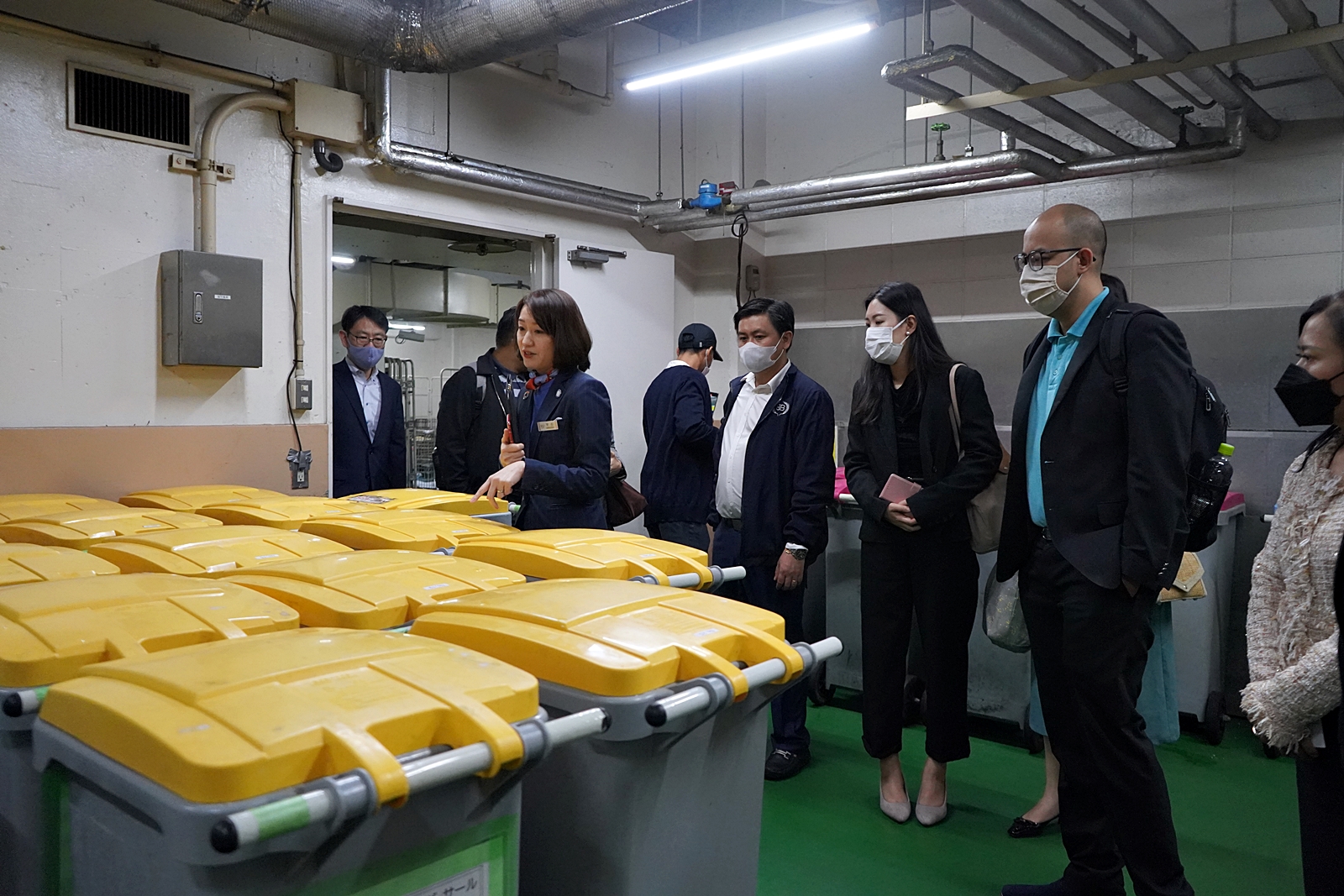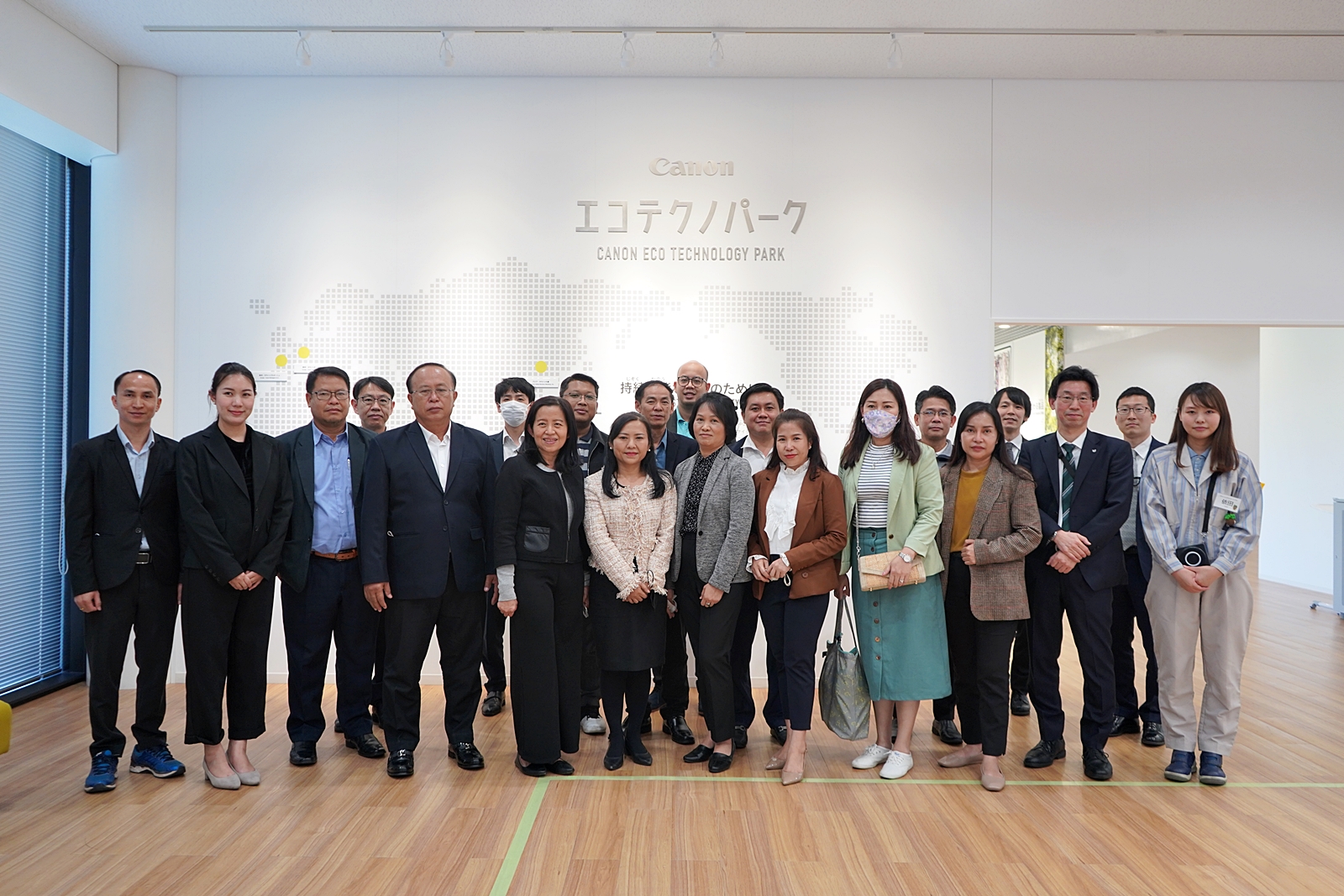GIZ and World Bank join forces to support Lao PDR to learn from Japan’s experience in implementing green public procurement and ecolabels
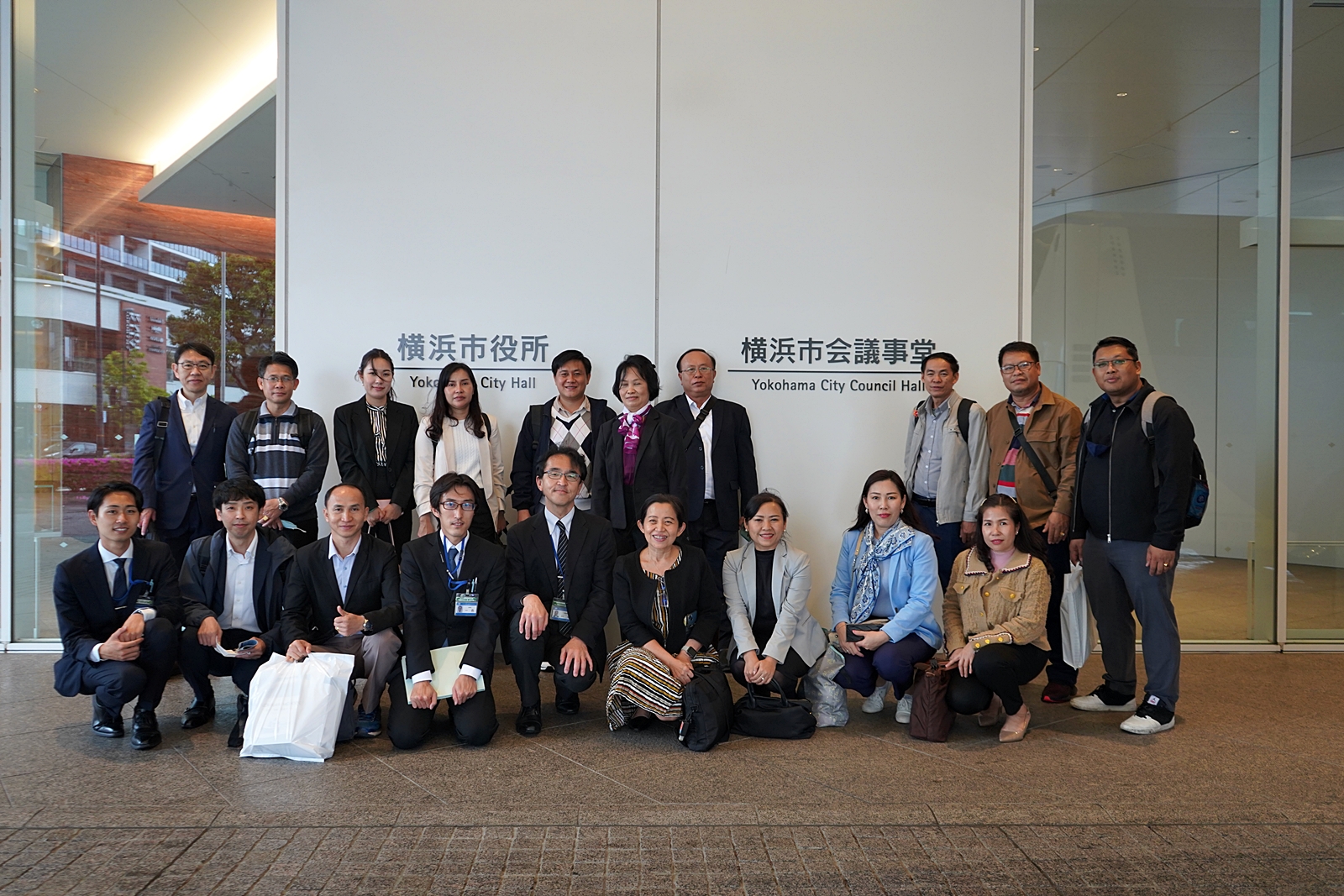
Lao PDR is in its early phase of Green Public Procurement (GPP) and ecolabel implementation. Prior to carrying out its planned activities and institutional setup, experience sharing with more advanced countries is vital to understanding more about the challenges faced in rolling out GPP and ecolabels. To help meet this need, the project “Proliferation of Sustainable Consumption and Production (SCP) in Asia – the Next 5 (SCP Outreach)”, funded by the German Federal Ministry for the Environment, Nature Conservation, Nuclear Safety and Consumer Protection (BMUV), and implemented by GIZ and the World Bank, organised a “Knowledge Exchange Study Trip on Green Public Procurement and Ecolabel in Japan” from 25-29 April 2023. The activity brought together 12 high-level government officers from the Lao PDR’s Natural Resources and Environment, Finance, Industry and Commerce, and Planning and Investment ministries. The objective was to learn about the implementation of GPP, ecolabels and policies in Japan and the good practices, as well as to gain a practical experience of institutionalization schemes for GPP and ecolabelling.
The learning started with a visit to the Ministry of Environment of Japan to understand the policy frameworks, Green Purchasing Law, which is the essential legal foundation for GPP implementation, and also the procurement process. During this session, the Japan Eco Mark, an environmental label that has been used for more than 30 years, was illustrated as a verification tool for evaluating and communicating with consumers. The participants also had a chance to learn from the local authorities of Yokohama Prefecture, whose goods and services are 100% procured through green procurement.
A presentation and a meeting with the private sector were organised to listen to producers’ perspectives on sustainable consumption and production (SCP)-related policies. The participants learned that the Imperial Hotel Tokyo has been certified with the Japan Eco Mark as a result of its efficient management in reducing environmental impacts. The hotel is at the forefront of applying the 3 ‘R’s (Reduce, Reuse and Recycle), segregating waste using around 20 categories, and opting to use renewable energy and make efficient use of resources. Another successful case is from Canon Inc. which produces a copier machine and a printer using recycled and reused materials. This is aligned with the company’s efforts to achieve sustainable production.
The intensive programme resulted in many key takeaways for the Lao delegates. The delegation is now equipped with the knowledge and practical experience on how to develop legal frameworks and other ministerial regulations, a procurement manual, and bidding documents, as well as how to come up with a green product list to facilitate the procurer in making the purchase. The participants also learned that awareness-raising and knowledge enhancement for the public and private stakeholders is instrumental to success. Therefore, a strategy to engage their involvement needs to be devised. At the same time, clear and consistent communication with both the producers and the consumers will be another important factor. Enhancing the Technical Working Group’s capacities to successfully and sustainably implement GPP and ecolabel is equally important.
GALLERY
Mr. Kai Hofmann
Email:kai.hofmann1(at)giz.de
Related project news
